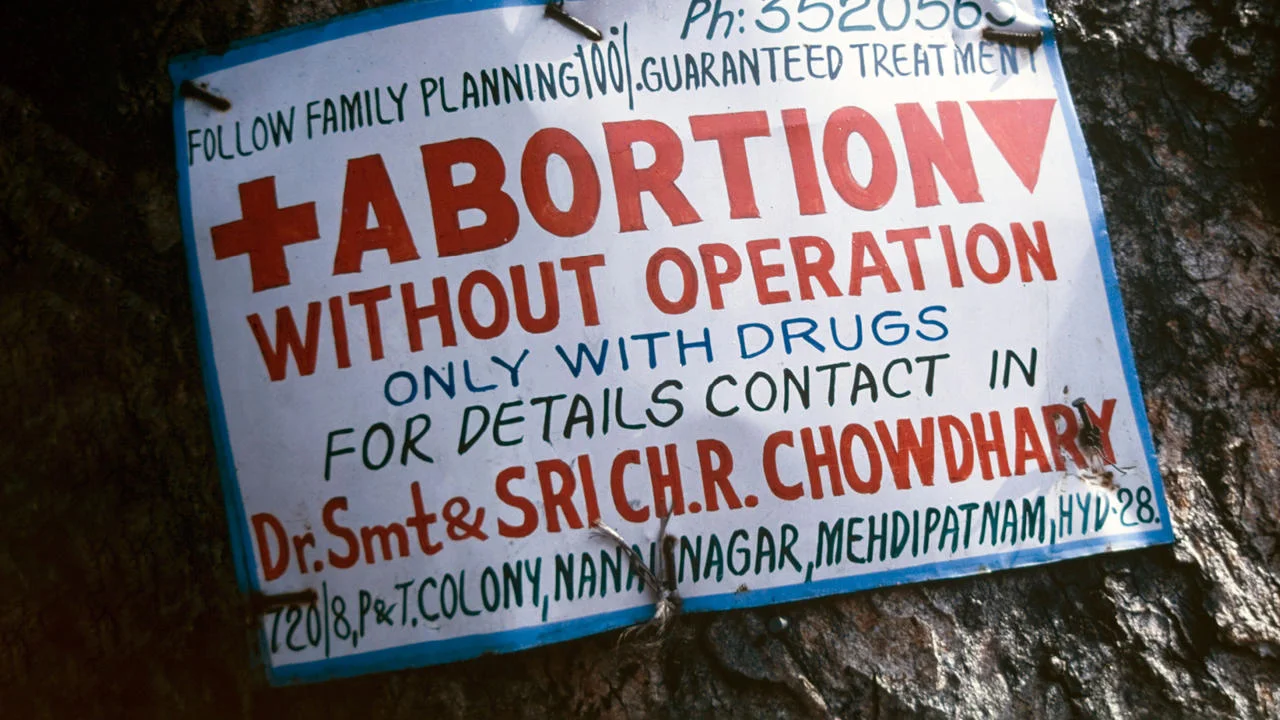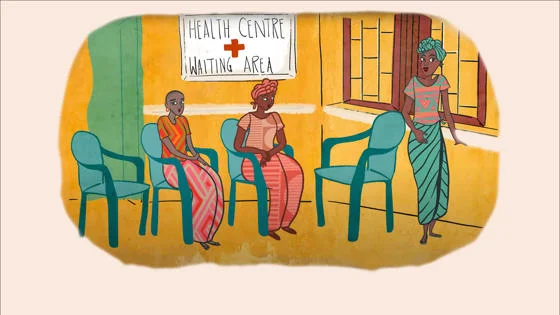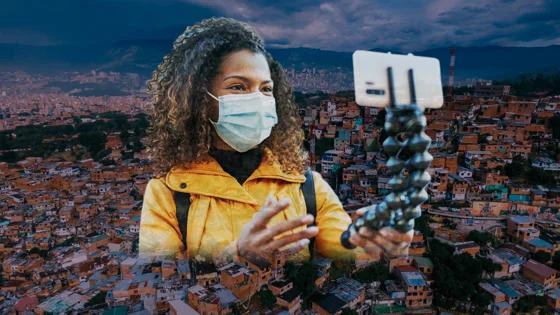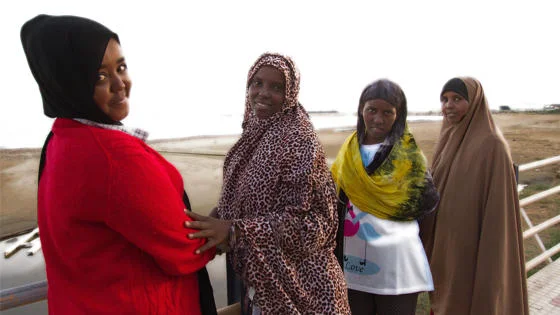How do you access a "safe" abortion when reproductive rights are restricted?

Contents
While the overturning in June 2022 of Roe v Wade – a landmark ruling of the US Supreme Court in 1973 that abortion was a constitutional right - shocked many, attacks on reproductive rights are nothing new.
"A lot of the conversation around abortion tends to be very focused on the West – which is currently understandable given recent events in the United States," says Dr Rishita Nandagiri, a former LSE Fellow who focuses on gender, abortion and reproduction in the Global South.
"However, there are many ongoing struggles happening elsewhere in the world, where movements have developed their own approaches – and the wider movement for reproductive rights is ripe to learn from these. If we only focus on what’s happening in the US, then we lose a lot of nuance."
If we only focus on a safe abortion as something that can only happen in a hospital, then we overlook all the ways hospitals can actually be a very unsafe space.
Reproductive rights and the realities for women in the Global South
Dr Nandagiri is well placed to understand the realities facing women in the Global South. From 2008, she worked with various feminist collectives and non-profit organisations, including in India, the Philippines and South Africa, looking at reproductive rights and justice, before returning to academia in 2015.
She emphasises that abortion technologies have changed dramatically since abortion laws were passed in the late 1960s and early 1970s, including the 1967 Abortion Act in the UK, the 1971 Medical Termination of Pregnancy Act in India, the 1972 Termination of Pregnancy Act in Zambia. These largely focused on tackling deaths and injuries due to unsafe abortions.
"In the last 20 years there has been a proliferation of the use of the medical abortion pill which has increased the possibility of ‘safe’ abortions completely outside of the formal healthcare system. This is something that we’re seeing being very much used in the Global South," Dr Nandagiri explains.
"Black and brown, poor and migrant women will absolutely be at the sharp end of unsafe conditions. But for many in the US, the return of ‘backstreet abortions’ is unlikely to be the reality, because of increased access to such technologies, as well as information about them."
Not all illegal abortions are unsafe, but they do shift the burden of risk.
Governments cannot control the sharing of information about abortion
"While it is important to fight laws that restrict access to abortions, feminist networks and hotlines which provide timely information, such as how to access medical abortion drugs and how to administer them, are equally important. This has proved to be a successful response in the Global South and we’ve seen that governments cannot control the sharing of information about abortion, even if they control access to it."
In Argentina, for example, the network Socorristas en red provides trained people to accompany someone through their abortion process, whether that is help with a pill or going to a clinic. Despite a hard-won liberalisation of the abortion law in 2020, these networks continue their work in ensuring access to information and care that caters to the needs of abortion-seekers.
"So not all illegal abortions are unsafe, but they do shift the burden of risk," points out Dr Nandagiri. "In providing support, feminists networks, doulas, accompaniment groups, pharmacists and hotlines leave themselves vulnerable to prosecution.
"But more broadly, the successful use of self-managed abortions show that we shouldn’t only frame access to abortion as a purely legal issue and something that can only happen within a medically approved environment," says Dr Nandagiri.
What if abortion was not a legal issue at all?
"In fact, a lot of feminists are asking ‘Why are we so tied to the law? Is the law going to give us liberation? Or should our ultimate aim be for there to be no laws restricting abortion, such as is the case in Canada?’"
Meanwhile, feminist networks in the US are trying to counter disinformation being put out by some groups trying to dissuade women from abortions.
"Reliable information is essential," explains Dr Nandagiri. "There have been cases where even doctors, in states where the abortion law has been changed, are unsure what the protocols are around caring for someone undergoing an ectopic pregnancy or miscarriage. And we’ve already seen deaths caused by this.
"So, if we only focus on a safe abortion as something that can only happen in a hospital, then we overlook all the ways hospitals can actually be a very unsafe space. For example, in early April, Lizelle Herrera was arrested in Texas for allegedly ‘self-inducing an illegal abortion’ when experiencing miscarriage symptoms. She was reported to authorities by the hospital she attended for care. Similarly, the case of Chelsea Becker who was prosecuted for murder in 2019 after experiencing a stillbirth.
"What happens in the US has a chilling effect on what happens elsewhere. We will see lawmakers in other parts of the world emboldened to move to restrict abortions. But we are also seeing the opposite reaction in some countries. For example, lawmakers in France have proposed a bill that would make abortion a constitutional right.
‘‘In fact, events in the US have got people interested in what is happening in their home countries, and they are sometimes surprised," says Dr Nandagiri. "Even here in the UK there are currently two women who are being prosecuted for accessing abortions. Most people are surprised to learn that you do not have an absolute right to an abortion in the UK. In fact, it’s quite a restrictive law where abortion is technically still illegal except in specific circumstances.
"And in Northern Ireland abortions are still not available after 12 weeks, with a lot of people still needing to travel to England and Wales in order to access them.
"So, this scrutiny of the US should push people to ask, ‘what does access to abortion look like in my own context?’ And bringing people, whose interest in this issue has been galvanised by Roe versus Wade into this activist space and sustaining their energy is important, because the fight for reproductive rights and justice globally is going to be a long one."
Dr Rishita Nandagiri was speaking to Sue Windebank, Senior Media Manager at LSE.
Download a PDF version of this article




